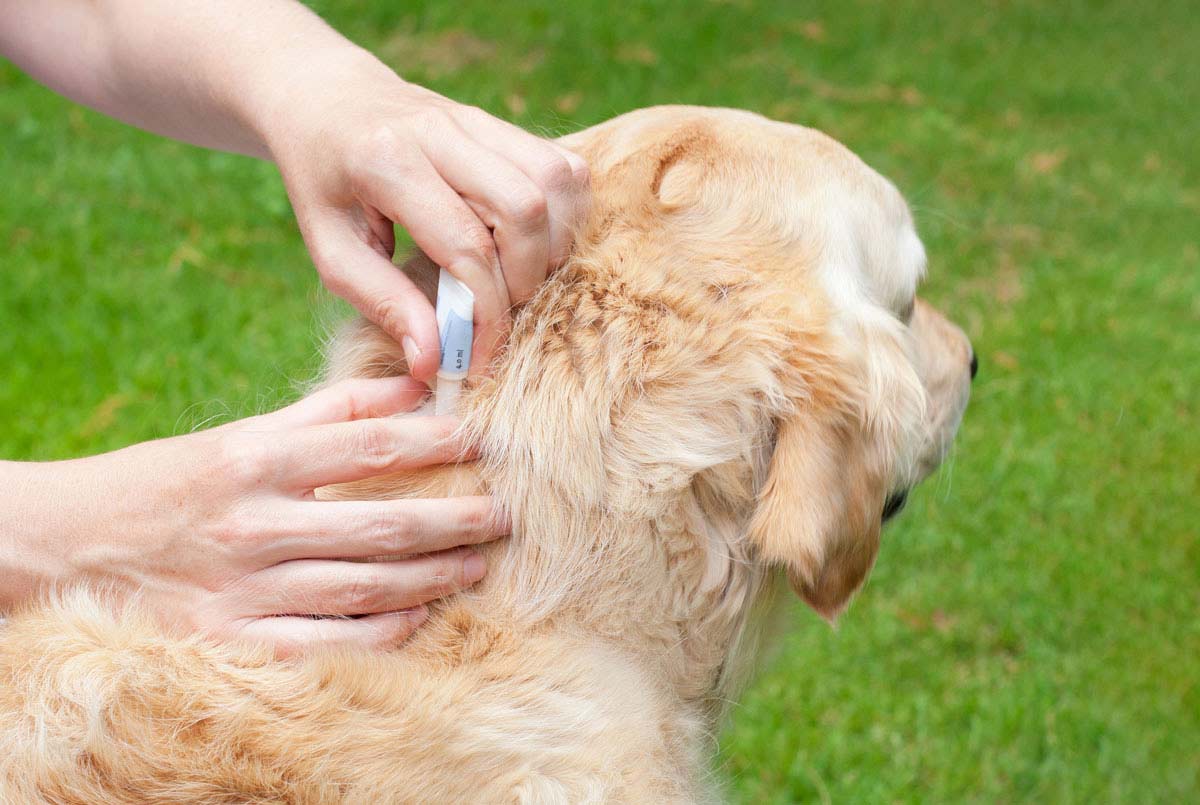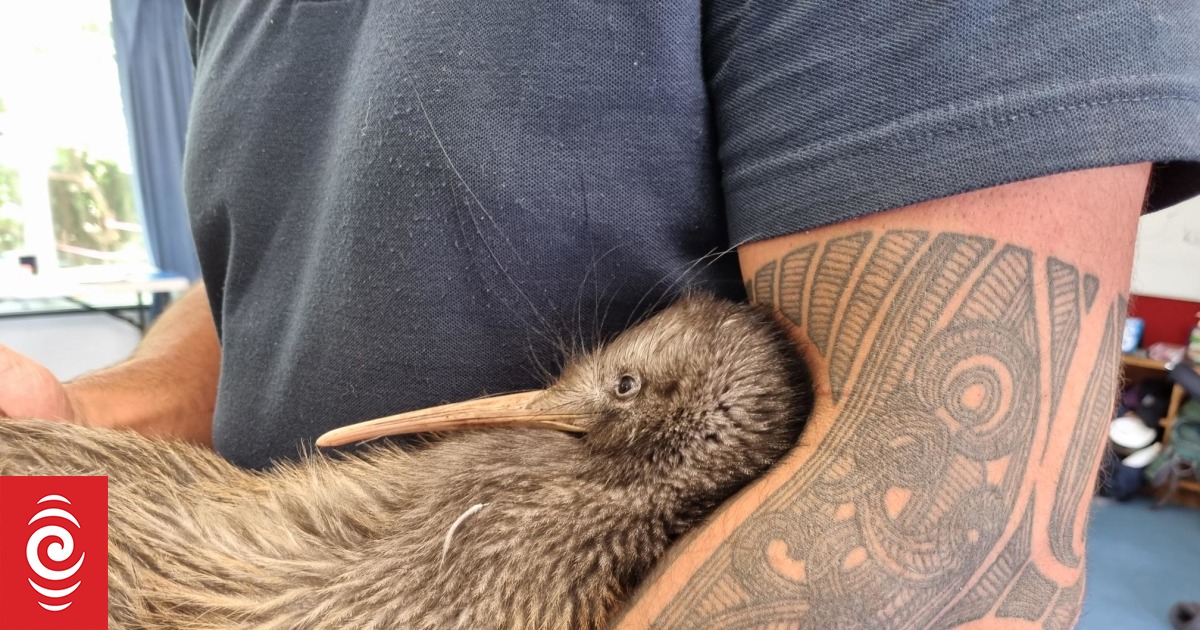Biosecurity New Zealand officials are stressing the importance of ensuring that dogs receive regular flea and tick treatment following the detection of the Babesia gibsoni parasite in a dog in the Canterbury region.
The organization is collaborating closely with the affected dog’s owners to identify other dogs with which she may have had contact, enabling them to undergo testing.
Unfortunately, the affected dog had to be euthanized due to its severe illness, as requested by its owners.
Dr. Mary van Andel, Biosecurity NZ’s chief veterinary officer, emphasized that Babesia gibsoni is often transmitted through ticks. While prevalent in other parts of the world, including Australia, this marks the first reported case in a New Zealand-bred dog.
Babesia gibsoni can lead to babesiosis, a disease not previously found in New Zealand. While most dogs may exhibit mild symptoms or none at all, it can be severe in certain cases.
In addition to ticks, the parasite can spread through dog bites, blood transfusions, and from an infected mother to her offspring through the placenta.
Van Andel assured dog owners not to panic, emphasizing that this is currently an isolated case. Efforts are underway to ascertain its origins and whether it represents a broader concern.
Internationally, Babesia gibsoni is typically found in specific dog breeds such as pit bull terriers, Staffordshire bull terriers, and greyhounds.
Even dogs without symptoms or those that have recovered may still harbor the parasite, posing a risk of transmission, especially if their immune systems become compromised.
As part of the investigation, samples have been collected from other dogs in close proximity to the infected one, with initial results indicating no signs of the disease.
Veterinarians have been urged to report any suspected cases of Babesia gibsoni, and dog daycare operators have been advised to remain vigilant in preventing tick exposure and dog aggression.
Concerned pet owners are encouraged to consult their veterinarians for guidance on their pets’ health.








